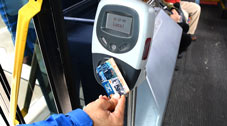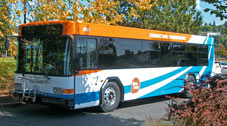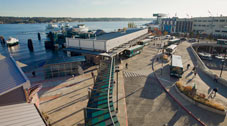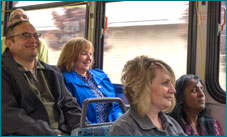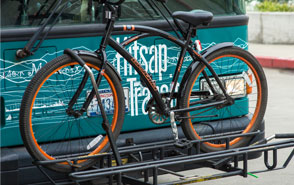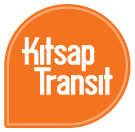LEARN KITSAP TRANSIT
Rich Passage Wake Research
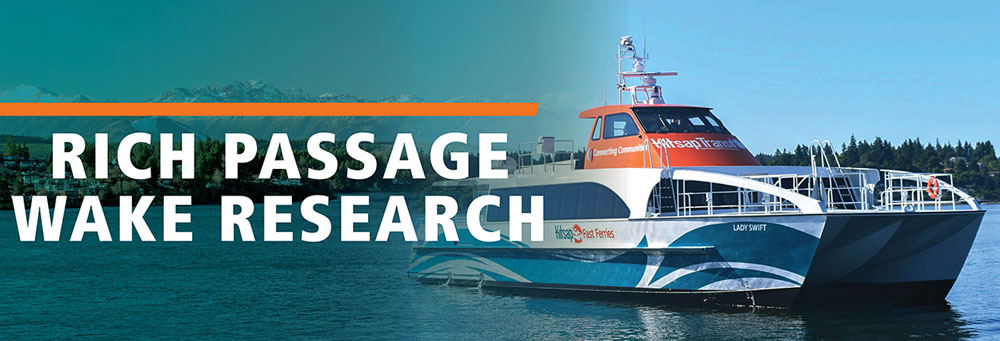
Rich Passage Wake Research
A project to understand and monitor the impact of wake on beaches and bulkheads in Rich Passage.
What's new?
Community Meeting with Property Owners (January 2020) - Link to PowerPoint here.
Background
Rich Passage, a narrow waterway between Bainbridge Island and the Kitsap Peninsula, is a critical link in Kitsap County’s transportation system. Washington State Ferries (WSF) operated high-speed passenger-only ferries through Rich Passage starting in 1986. Ridership on WSF’s Bremerton-Seattle passenger-only ferry service peaked at approximately 876,000 in 2000. Property owners along Rich Passage sued the state over concerns that wake wash from WSF’s 300-passenger ferries was damaging their beaches and bulkheads. Separately, voters statewide approved Initiative 695, which lowered the state Motor Vehicle and Excise Tax (MVET) and caused a catastrophic drop in ferry funding. Ultimately, the state shut down its passenger-only ferry program and the routes were handed to countywide jurisdictions; Kitsap Transit inherited a federal grant to WSF for studying wakes in Rich Passage.
Shorelines and beaches are constantly changing based on a number of factors. Some of these changes, like large variations in tidal water level and wind waves, can be attributed to natural processes. Others, like man-made bulkheads and wake wash from a variety of boats, are the result of coastal infrastructure and navigation.
Research Phase

|
In 2004, Kitsap Transit engaged a research team to investigate the feasibility of restoring passenger-only ferry service in Rich Passage. The project involved five elements:
In 2012 Kitsap Transit conducted a test service over the course of about four months to evaluate the feasibility of a passenger-only service. Once the test sailings and feasibility analysis was complete, the research phase of the project was over. The scientists had demonstrated the feasibility of operating a high-speed, low-wake vessel through Rich Passage without causing discernible harm to the shorelines. |
Monitoring PhaseSince 2013 the research team has continued to monitor the beaches in Rich Passage twice a year to provide Kitsap Transit with vital baseline data on the impact of both natural processes and the gradual increase in the frequency of fast-ferry sailings.
|
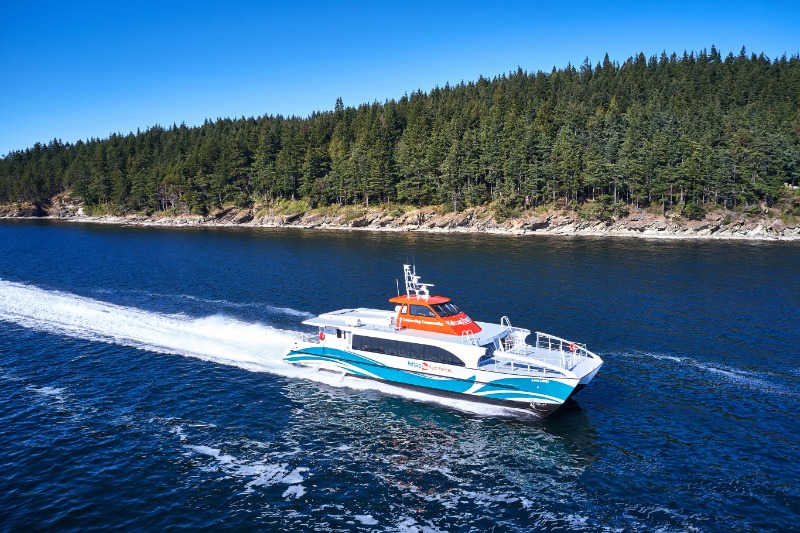 |
Key Documents
The appendices to these reports are available upon request. They are not posted due to their size.
- 2012 Biophysical Monitoring Report (pdf)
- 2013 Beach Response Testing Report (pdf)
- 2013 Report on Wake Wash Testing (pdf)
Rich Passage Long-Term Beach Monitoring Reports
- 2017 Beach Response Report (pdf)
- 2020 Beach Response Report (pdf)
- 2021 Beach Response Report (pdf)
- 2022 Beach Response Report (pdf)

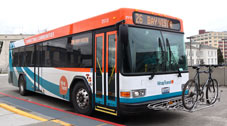 Routed Buses
Routed Buses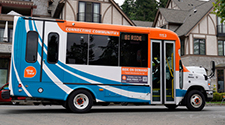 On-Demand/Dial-A-Ride
On-Demand/Dial-A-Ride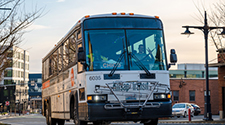 Worker/Driver
Worker/Driver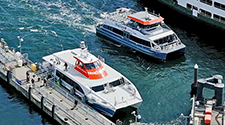 Ferries
Ferries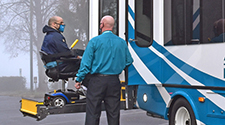 ACCESS & VanLink
ACCESS & VanLink Vanpool, Carpool, SCOOT
Vanpool, Carpool, SCOOT